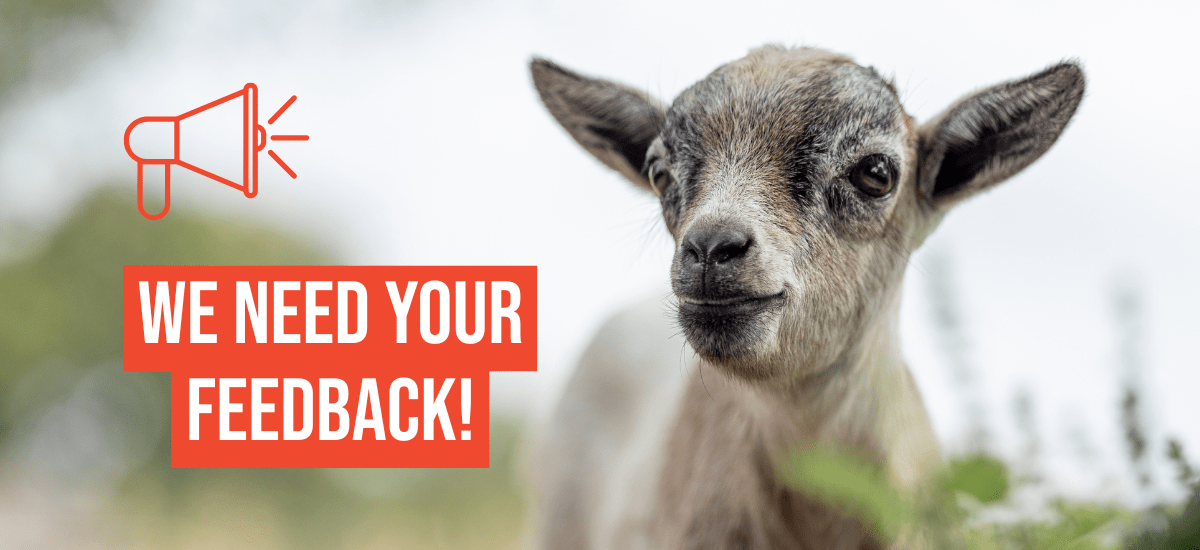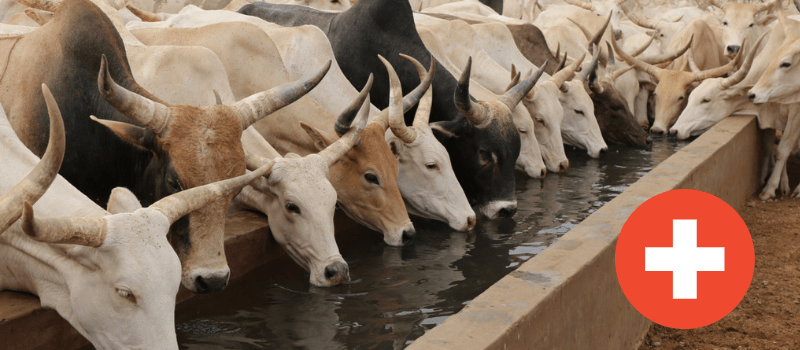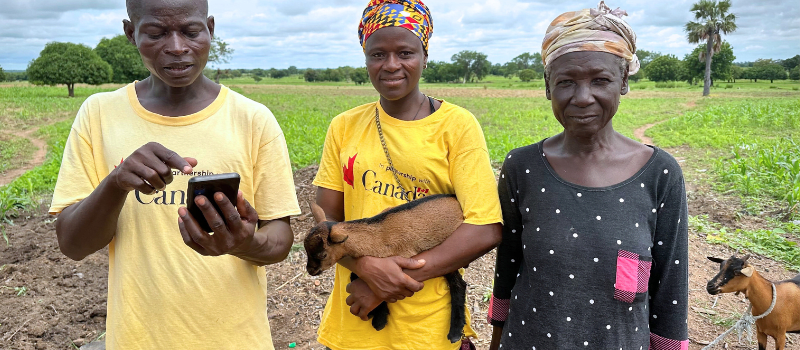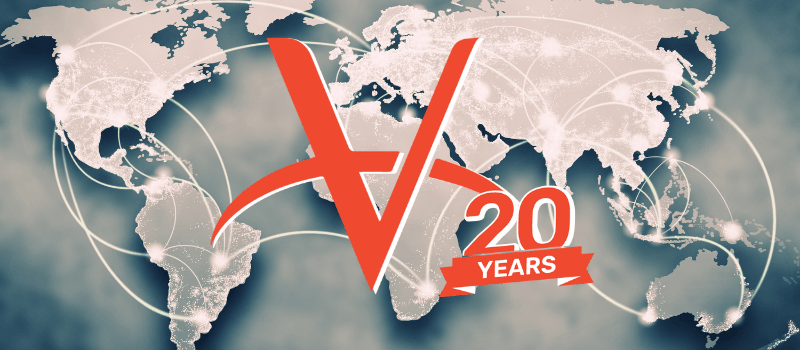In recognition of World Humanitarian Day, we sat down with Taban Kaps Robert, our Program Manager in South Sudan, to discuss the challenges and triumphs of humanitarian work in one of the world’s most complex environments. Taban’s story is one of dedication and a deep commitment to creating positive change.
From Personal Struggle to Humanitarian Leadership
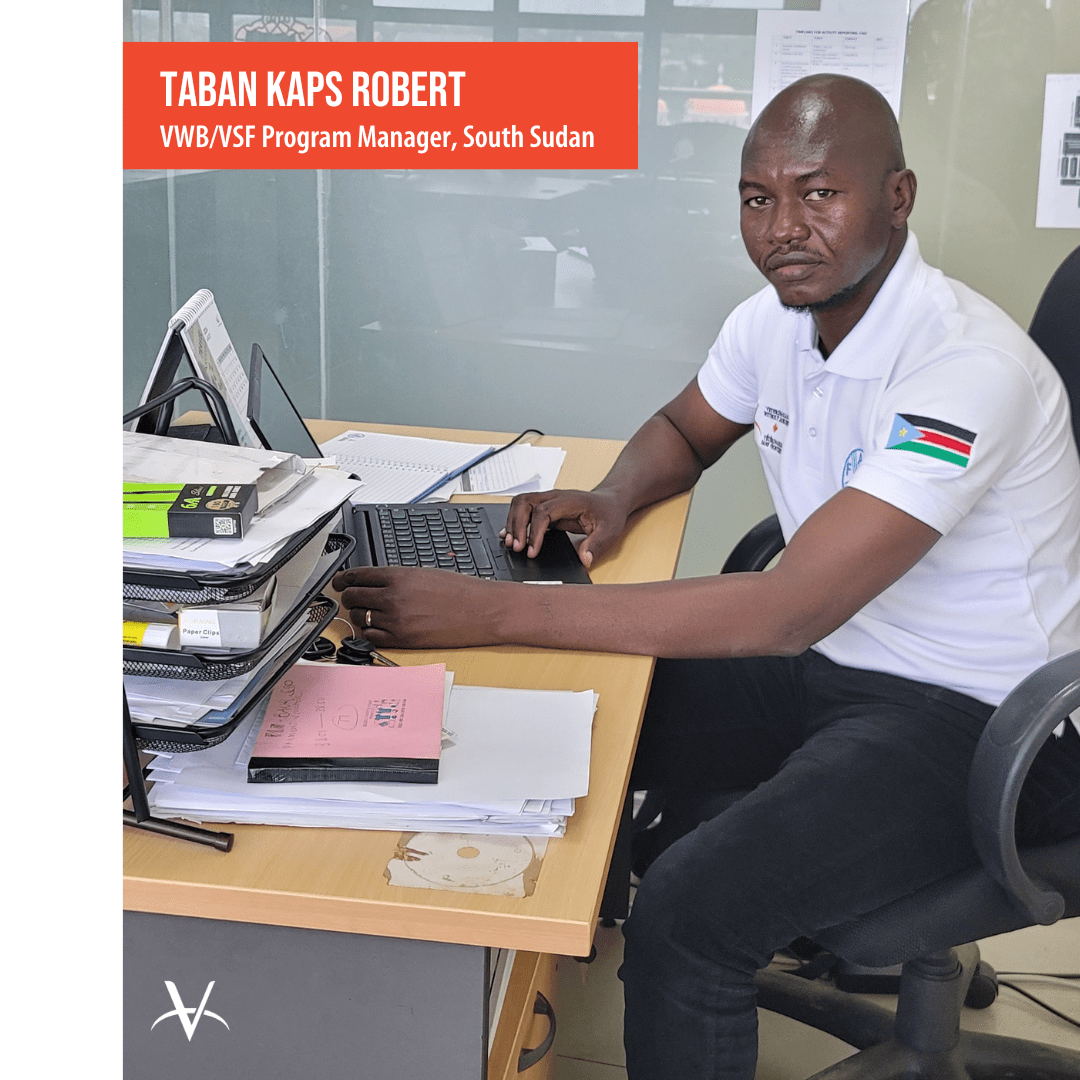 Taban grew up in an environment where every day was a struggle for survival. "I lived in a food-insecure context where people clung to any glimpse of hope," he recalls. A pivotal moment from his childhood that deeply shaped his understanding of hardship was when he contracted measles and became severely ill. The experience not only left him with a profound empathy for those in difficult situations but also a determination to make a difference in the lives of others facing struggles related to health and hunger. "I knew then that I wanted to work towards ensuring that no child would have to go through what I did," he reflects.
Taban grew up in an environment where every day was a struggle for survival. "I lived in a food-insecure context where people clung to any glimpse of hope," he recalls. A pivotal moment from his childhood that deeply shaped his understanding of hardship was when he contracted measles and became severely ill. The experience not only left him with a profound empathy for those in difficult situations but also a determination to make a difference in the lives of others facing struggles related to health and hunger. "I knew then that I wanted to work towards ensuring that no child would have to go through what I did," he reflects.
Taban joined VWB/VSF in January 2022 as the South Sudan Program Manager. His technical expertise spans food security, livelihoods, financial inclusion, disaster risk reduction, and more. He has worked in Uganda, the Democratic Republic of the Congo, the United Kingdom, and South Sudan, and his commitment to bringing hope to those in need has been a driving force throughout his career. Today, with over 13 years of experience, Taban is at the forefront of VWB/VSF’s efforts in South Sudan, motivated by the belief that "one smile is worth a thousand risks."
The Challenges Facing South Sudan
South Sudan is facing a humanitarian crisis exacerbated by climate change, economic decline, and ongoing conflict. Over 9.4 million people—approximately 75% of the population—need humanitarian assistance, and nearly 8 million are expected to face severe food insecurity in 2024. "The situation is unpredictable, and families are falling below the poverty line every day," Taban explains, referencing the fact that over 82% of the population now lives below the international poverty line of $1.90 per day. He continues, "In the face of these challenges, we work on the ground, implementing projects that build resilience in vulnerable communities, providing essential support to those most at risk."
In fact, VWB/VSF has been working in South Sudan’s Warrap, Jonglei, Northern Bahr El Ghazal, and Eastern Equatoria States since 2013 to improve food security and livelihoods. One such initiative is the Zoetis-funded Building Livelihoods Resilience for Income Security and Dignified Life program, which ran from March 2023 to March 2024 and made a significant impact in Eastern Equatoria State, particularly in Torit County. (For more details, read the South Sudan 2023-2024 Program Impact Report.)
Reflecting on the program, Taban points to the goat restocking initiative: "Some households have increased their herds and now feel economically secure," he says, highlighting the tangible impact this initiative has had on the community. By rebuilding their herds, families are not only securing their livelihoods but also fostering stronger social and economic ties within their communities. Smiling, he adds, "Overall, the positive impact of the Building Livelihoods Resilience program laid the groundwork for its current, second phase, known as Strengthening One Health Systems for the Protection of Health and Livelihoods (1-SHOP)."
Strengthening Livelihoods and Health through the 1-SHOP Program
The 1-SHOP program, running from March 2024 through March 2026, focuses on enhancing food security and livelihood resilience among livestock farmers who rely heavily on traditional systems of producing livestock like goats, cows, camels, and poultry. These animals are not only a vital source of income but also play key roles in community well-being, providing manure, serving as a medium-term savings option, and even functioning as a form of insurance against crop loss.
"Humanitarian relief is about meeting immediate needs, but it’s also about laying the groundwork for sustainable futures,” Taban explains. “Through programs like 1-SHOP, we’re helping communities survive and we’re empowering them to thrive in the long term."
Specifically, the 1-SHOP program aims to further increase the resilience of pastoralist communities in Torit County against animal diseases, including zoonoses and antimicrobial resistance (AMR). The program’s key objectives are to: increase the use of a One Health approach at the household level to prevent and mitigate the risks linked to zoonotic diseases and AMR; establish systems at the community level to support the prevention, detection, and response to zoonotic diseases and AMR risks; and establish community-based systems that increase livestock productivity and strengthen livelihoods.
Empowering Communities through Integrated Emergency Response
VWB/VSF also collaborates with Action Against Hunger USA as part of an integrated emergency response aimed at reducing morbidity and mortality from acute malnutrition in South Sudan. This program, ongoing since 2022, focuses on providing comprehensive community-based nutrition services, enhancing access to primary healthcare, and improving WASH (Water, Sanitation, and Hygiene) services and diversified food sources.
A critical component of this initiative is addressing gaps in livestock management, a vital aspect of life for agro-pastoralist communities in South Sudan. VWB/VSF’s Community Animal Health Workers (CAHWs) are trained and deployed to lead vaccination, deworming, and disease surveillance campaigns, supported by VWB/VSF’s veterinary staff. To ensure the sustainability of these efforts, CAHWs are equipped with drug starter kits to establish their own veterinary businesses, operating under a cost-recovery model aligned with Livestock Emergency Guidelines and Standards (LEGS) for South Sudan.

This integrated livestock intervention not only strengthens animal health and rearing capacity but also enhances the overall resilience of affected communities, contributing significantly to their food security and livelihood recovery efforts. In Taban’s words, "A healthy herd is the backbone of a resilient community. By empowering local animal health workers, we’re not just treating animals—we’re ensuring the survival and prosperity of entire families."
The Importance of Community Voices
For Taban, community involvement is crucial. "Communities are at the center of what we do," he emphasizes. “By ensuring that local voices are heard and respected, VWB/VSF is able to create culturally sensitive and effective programs that truly address the needs of those they aim to serve. This approach not only fosters trust and collaboration but also empowers communities to take ownership of the initiatives, leading to more sustainable outcomes.”
A Call to Action
As we mark World Humanitarian Day, Taban has a message for the global community: "This is not the time to give up on vulnerable populations in South Sudan. Let’s make it a win for humanity and continue supporting those in need. Now more than ever, it is crucial to stand by those who are working to bring hope and resilience to the world’s most vulnerable.”
Taban’s story is a reminder of the power of dedication and the importance of supporting humanitarian efforts. On this World Humanitarian Day, we invite you to join us in making a difference by supporting initiatives that build resilience, empower communities, and offer hope for a better future.
If you would like to help care for livestock and enhance the livelihoods of people across South Sudan, please consider donating, becoming a monthly donor, or supporting our Crisis Fund. Learn more. Thank you so much for your generosity and compassion.
